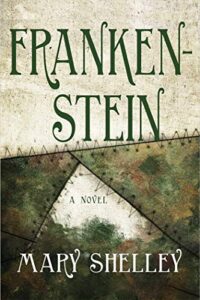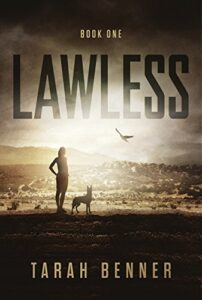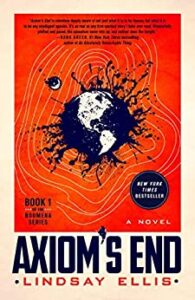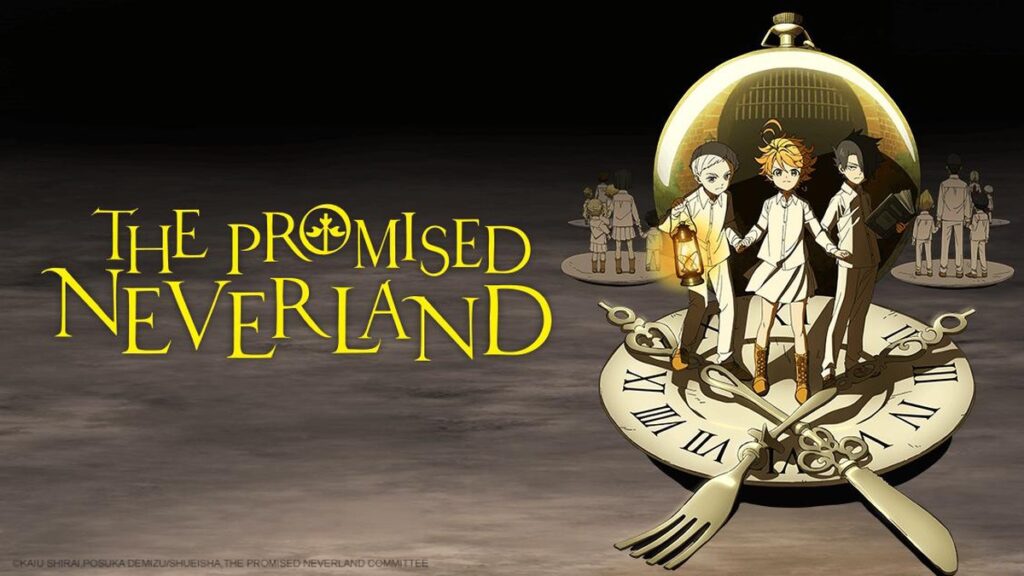Although veganism is not a new topic in the world, there is little involvement of this ideology in fiction. Especially in literature. Various advances have been made on this subject, even since the 19th century, yet in this current era, it is almost impossible to find a faithful representation of what it means to be vegan.
However, attempts to include this topic as a serious debate can be evidenced in Mary Shelley’s famous book Frankenstein. There we can read that the monster rejects animal products in the following quote “I do not destroy the lamb and the kid, to glut my appetite; acorns and berries afford me sufficient nourishment”. Frankenstein’s Monster, probably the first fictional character to introduce vegetarianism in literature, was associated with inherent goodness, so he could be easier to empathize with. For some reason, the non-consumption of animals has always been associated with kindness, this is something universal, which says a lot about the inherent perception that we humans have regarding our consumption habits. The monstrosity is not usually associated with people who consume berries and nuts.
This approach in the text is also given by the affinity that Percy Shelley had with the vegetarianism of the time, considering it the most humane way of living (it must be taken into account that this vegetarianism was more linked to what we now know as veganism, with some obvious variants)
Shelley considered that the plant-based diet was very useful to prevent a large part of the diseases, this immediately affects Mary’s text, since the descent into madness and the decay of the monster begins in a subtle way, after he accidentally ate a small piece of meat that he received from some travelers.
This was a very interesting, deep and metaphorical beginning of the conception of a life without using animals. However, times have changed quite a bit and we still owe a debt to literature, as vegans are still not represented as a consistent group in several books.
Some mentions have been made, but these are far removed from reality. As is the case with a secondary character in the Lawless saga, by Tarah Brenner. The framework of this fiction takes place in a post apocalyptic world. On one occasion, the protagonists meet a hippie girl, who tells them how she “was vegan” before the catastrophe, but after this and trying meat and dairy again, she couldn’t believe she had given them up.
This is a grossly flawed view of what veganism means, as well as oversimplifying the reasons why it is done. It still exists in people’s minds that the main objective is personal taste, ego or other selfish reasons. When the truth is that it is only to respect animals.
An interesting and contemporary case occurs in the book Axiom’s End, which narrates the adventures of an alien who, together with a human girl, must rescue other aliens that have been captured by humans. The protagonist says he is very afraid of humans because he realizes that they are “flesh eaters”, which gives him the message that they can do the same with him.
Although it is not closely related to veganism, this type of topic has been treated in this way, as is the case with The Promised Neverland manga. In which the plot is about an orphanage in which the children live thinking that they will eventually adopt them, when in fact they are being traded as meat for some kind of monsters.
Still, there is much to be explored, in fact it would be wonderful if there was a closer relationship between veganism and literature, if the ideology is represented in a fair and objective way. However, this is only part of what is being done out there and in a future article we will talk about poetry and veganism.
Sources
https://en.m.wikipedia.org/wiki/Axiom%27s_End
Naath – A Wiki of Ice and Fire (westeros.org)
The Monstrous Vegan | The History of Emotions Blog (qmul.ac.uk)
